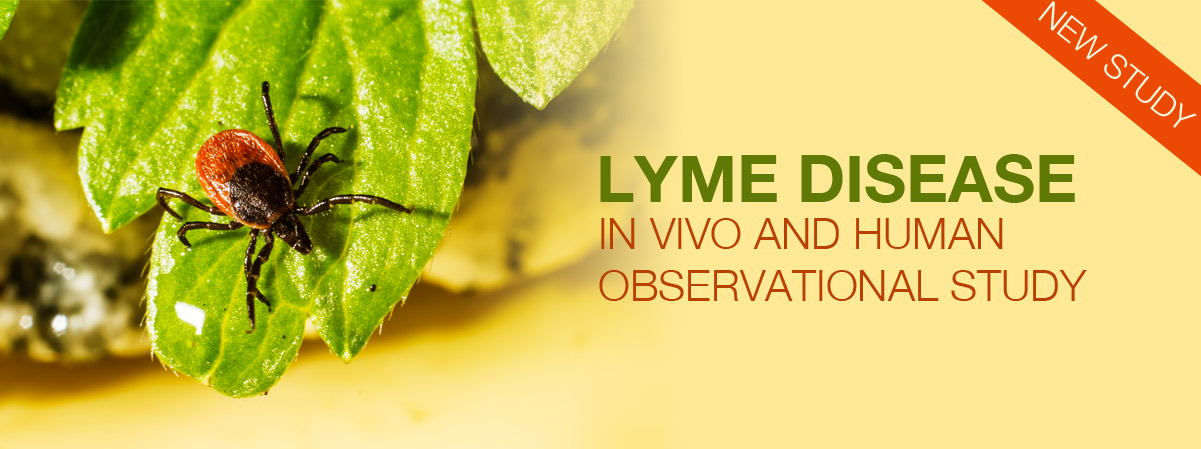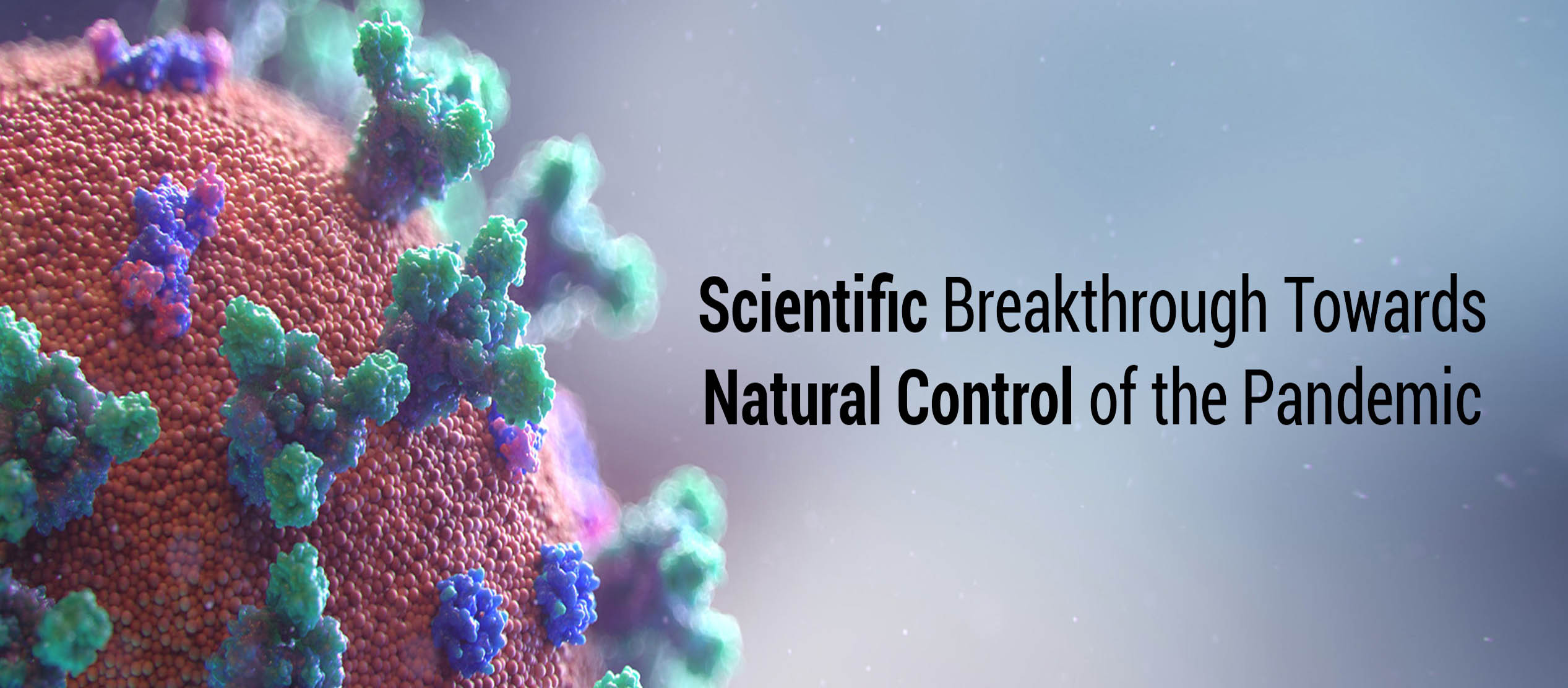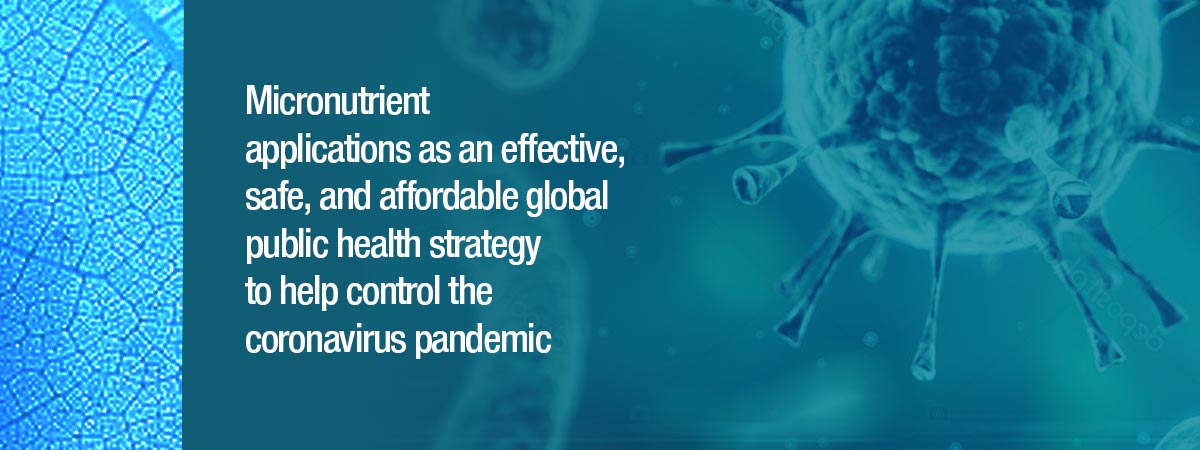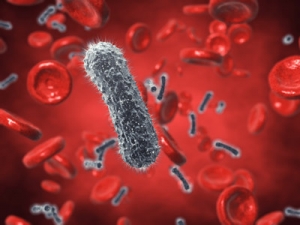The Importance Of Micronutrients During Pregnancy - Part I
Pregnancy is one of the most exciting times in a woman’s life and every expecting mother wishes for a healthy baby. Yet, the progress and outcome of each pregnancy depends on multiple factors such as the mother’s diet and life style before and during pregnancy, the genetic makeup of the parents, and the physical and psychological health of the woman.
Every woman of childbearing age should take care of her health all the time. The early days and weeks of pregnancy are critical for fetal development, when a woman may not be aware that she is pregnant. In the first 8-12 weeks of pregnancy, a woman’s body undergoes rapid changes, some experience morning sickness and lose important nutrients.
Micronutrients Support The Immune System In Fighting Zika And Other Viral Infections
Everyone is exposed to a variety of infectious agents in the environment such as bacteria, viruses, and parasites. Any seasonal change challenges our immune system with new pathogens. This year - even before the start of the flu season - the World Health Organization has declared Zika virus infections an international public health emergency. The Zika virus is not a new virus and is similar to other viruses transmitted by mosquitoes such as West Nile virus, dengue, yellow fever, and Japanese encephalitis. The symptoms of Zika virus infection are similar to normal flu symptoms. They include fever, headache, muscle and joint pain, rash and conjunctivitis. Often there are no symptoms, and in most cases people are not aware that they are infected while they are spreading the virus. Currently, mosquito control is the only way for prevention from Zika infection and there are no treatments available. Therefore, it would be prudent to understand how to support our body’s immune system and protect it against Zika or other viral and infectious pathogens.






















